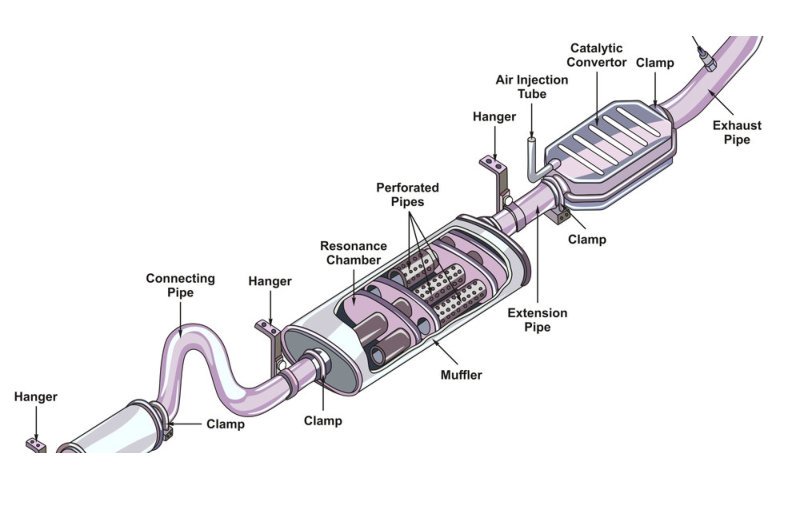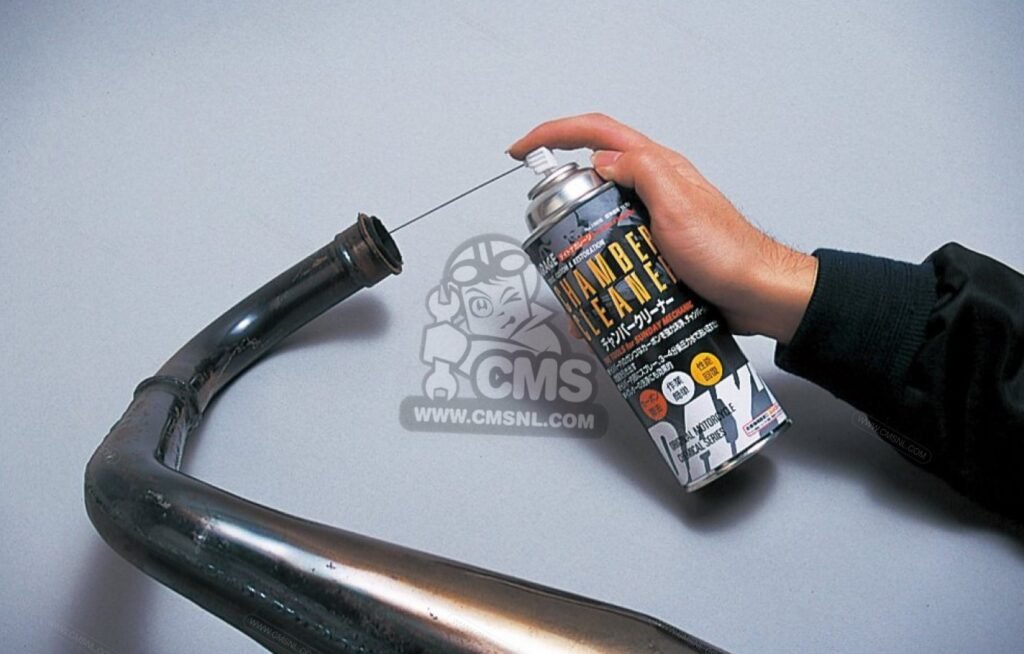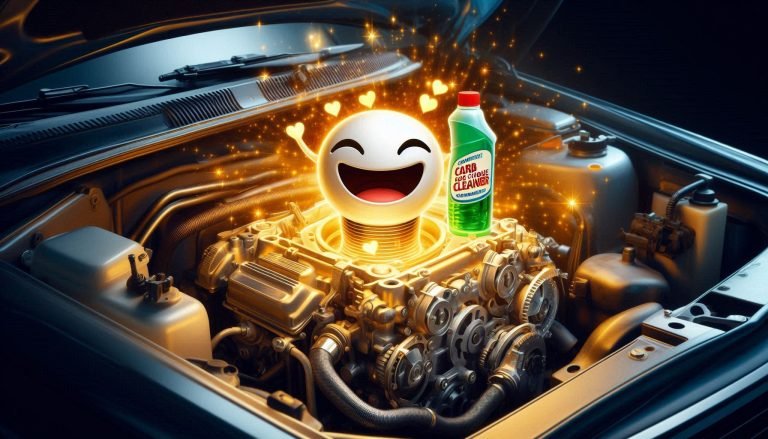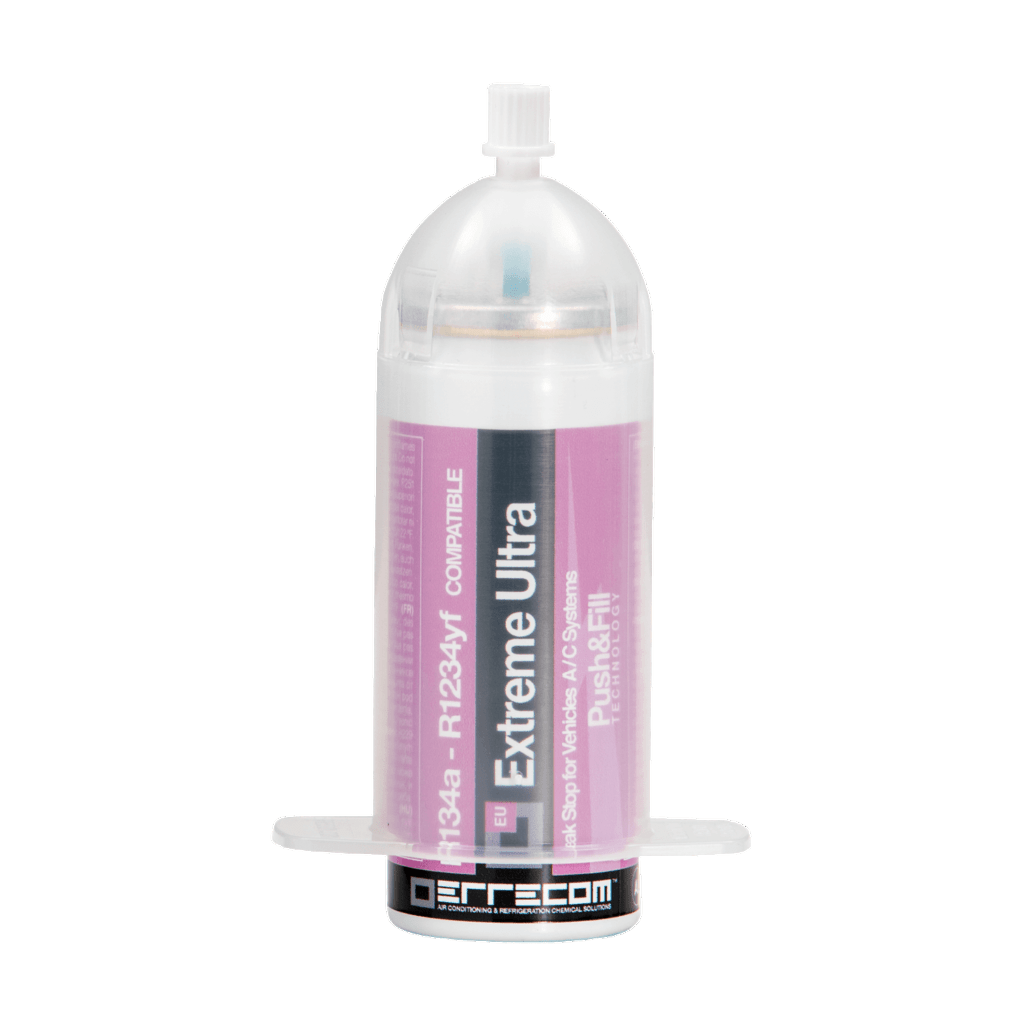How to Clean Your Car’s Exhaust System with Specialized Chemical Products

By Ali Hasan Omar | October 9, 2024
Introduction
The exhaust system is often overlooked in regular vehicle maintenance until an issue arises. However, keeping it clean and free of carbon buildup is crucial for optimal performance, efficiency, and longevity. Over time, soot and carbon deposits can accumulate, leading to reduced engine performance, higher emissions, and potential damage to key components like the catalytic converter. Fortunately, with the right tools and specialized products, maintaining a clean exhaust system is straightforward. This guide outlines how to effectively clean your exhaust system using specialized chemical cleaners.
Understanding the Role of Your Exhaust System
The primary function of an exhaust system is to channel hot, toxic, and corrosive gases produced during combustion away from the engine and vehicle cabin, safely expelling them into the atmosphere. However, it does more than that—it also improves engine performance, reduces emissions, and regulates noise levels.
Common Exhaust Tip Materials
Exhaust tips are made from three main materials: mild steel, chrome-plated mild steel, and aerospace-grade stainless steel.
- Mild Steel: Affordable but prone to rust and cracking.
- Chrome-Plated Mild Steel: More durable and visually appealing, though it can corrode if not properly maintained.
- Stainless Steel: The most durable and corrosion-resistant, stainless steel provides a long-lasting, polished finish.
Key Components of the Exhaust System

- Exhaust Manifold: This component directs exhaust gases away from the engine’s combustion chamber, enhancing fuel efficiency by preventing interference with the intake of fresh air and fuel.
- O2 Sensor: Modern exhaust systems feature at least one oxygen (O2) sensor, which monitors the oxygen level in the exhaust. This information is sent to the engine control unit (ECU), adjusting fuel injection for optimal performance.
- Catalytic Converter: This essential part reduces harmful emissions by converting toxic gases into less harmful substances through a chemical reaction involving precious metals and ceramics.
- Muffler: Mufflers, or silencers, reduce noise levels and shape the sound of your engine to enhance its appeal.
- Tailpipe: The tailpipe expels exhaust gases into the atmosphere, and it’s the most visible part of your exhaust system, often featuring a polished finish.
- Exhaust Pipe: Connecting all components, the exhaust pipe facilitates the smooth flow of gases throughout the system.
Why Clean Your Exhaust System?

Regular cleaning of your exhaust system is essential for several reasons:
- Performance: A clogged exhaust can reduce engine efficiency and fuel economy.
- Emissions Compliance: In areas with strict emissions standards, a dirty exhaust system can lead to failed tests.
- Health & Environment: A clean system prevents harmful gases like carbon monoxide from accumulating, ensuring safety for passengers and minimizing environmental impact.
Tools & Materials Needed
Before starting, gather the following items:
- Exhaust System Cleaner: A specialized chemical cleaner designed to dissolve carbon deposits and soot.
- Wire Brush or Scrub Pad: For scrubbing stubborn buildup on the exhaust tip.
- Gloves and Safety Glasses: To protect your hands and eyes from chemicals.
- Microfiber Towels: For wiping down the exhaust after cleaning.
Choosing the Right Exhaust Cleaner
Look for products specifically designed for exhaust systems. These cleaners are formulated to break down carbon and grease without damaging the metal components. Avoid using generic degreasers or harsh chemicals that could corrode the exhaust or affect sensitive parts like the oxygen sensors.
Step-by-Step Cleaning Process
Step 1: Let the Exhaust Cool
Always ensure your exhaust system is cool before starting. Attempting to clean a hot exhaust can lead to burns and might cause the cleaning products to evaporate too quickly, reducing their effectiveness.
Step 2: Remove loose dirt and debris

Use the soft bristle brush or toothbrush to gently remove any loose dirt, debris or carbon deposits from the metal surface.
Step 3: Apply the Cleaner

Spray or apply the chemical cleaner directly to the exhaust tip and, if possible, into the exhaust pipe. Most cleaners need a few minutes to work, so let it sit and penetrate the grime for the recommended amount of time on the product label.
Step 4: Scrub the Exterior

Use a wire brush or a scrubbing pad to loosen any stubborn buildup on the exterior of the exhaust. Focus on areas where carbon deposits are thickest, typically around the exhaust tip.
Step 5: Rinse and Wipe Down

Once the cleaner has done its job, wipe the exhaust tip and pipe down with a microfiber towel. If you’re rinsing with water, ensure the exhaust dries thoroughly before driving, as moisture can accelerate rusting.
Step 6: Treat the Entire System (Optional)

For a more thorough clean, you can use an exhaust system cleaning solution that is added to your fuel tank. These products are designed to clean from the inside out, removing deposits throughout the exhaust and even in the catalytic converter and oxygen sensors.
Preventing Future Buildup
To minimize carbon buildup, regularly check your oil levels and use high-quality fuel. In colder climates, use winter-grade gasoline and motor oil to prevent excessive carbon accumulation.
When to Clean Your Exhaust System
Cleaning your exhaust system isn’t something you need to do every month, but it should be part of your regular vehicle maintenance schedule. Depending on how much you drive and the conditions you drive in, aim to clean the system every 6 to 12 months.
Top Tips For Looking After Your Car’s Exhaust System
- Conduct visual inspections for cracks, holes, rust, and corrosion.
- Listen for unusual sounds, which could indicate issues like exhaust blockages or leaks.
- Avoid idling for long periods to prevent moisture buildup, which can cause rust.
- Replace faulty oxygen sensors promptly to maintain fuel efficiency.
- Have your catalytic converter checked by a professional if you notice a sulphur smell or heat from the vehicle floor.
- Clean each component of your exhaust system carefully and avoid using abrasive materials.

What to Avoid During Cleaning
- Abrasive Materials: Steel wool or harsh brushes can damage metal finishes.
- Harsh Chemicals: Acidic or abrasive cleaners can corrode metal surfaces.
- Excessive Force: Aggressive scrubbing can scratch or damage exhaust components.
- Cross-Contamination: Avoid contact with vehicle surfaces like paint or plastic, which can be damaged by cleaning products.
Conclusion
By using specialized chemical cleaners, you can keep your exhaust system in top condition, preventing buildup that can lead to costly repairs. Regular maintenance not only improves vehicle efficiency but also contributes to a cleaner environment and reduces noise pollution.
Don’t wait for problems to arise – keep your exhaust system in top shape!







